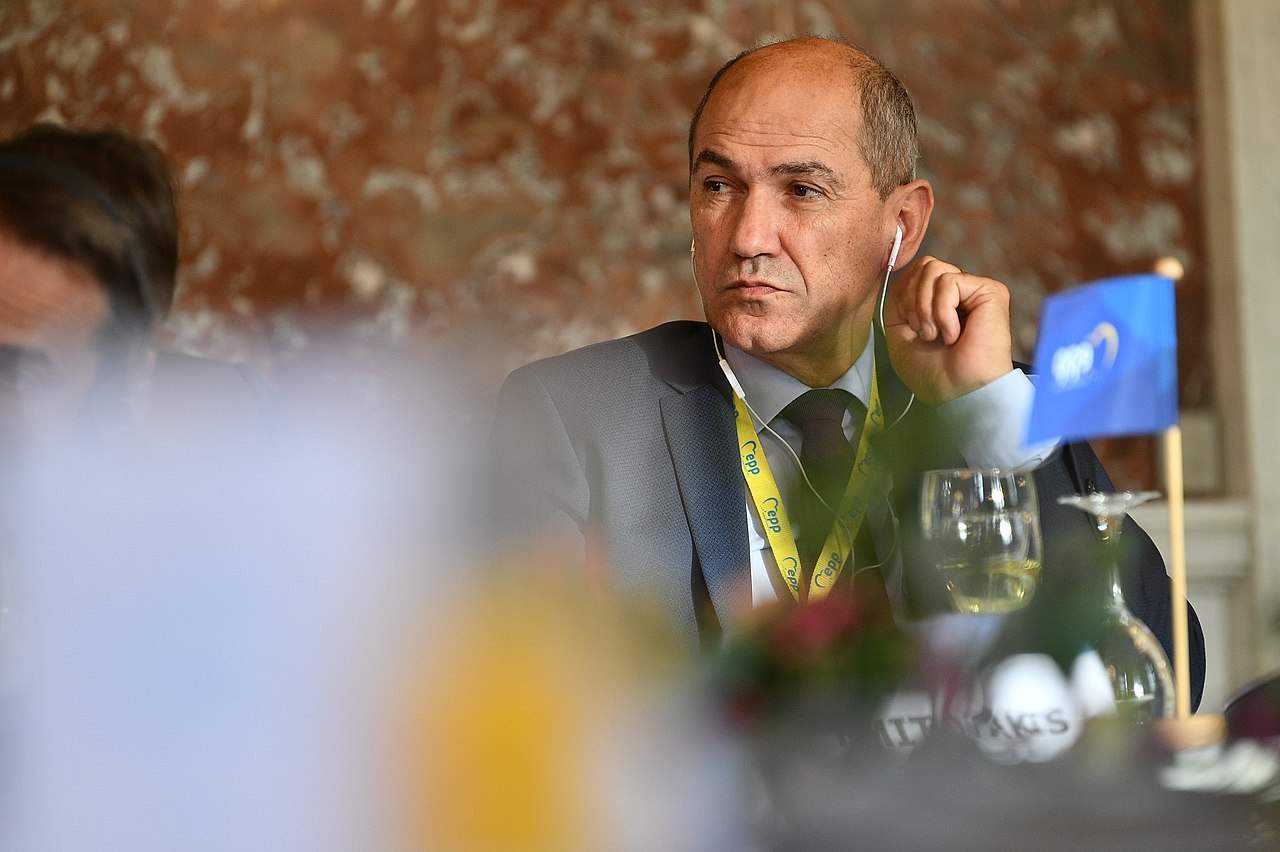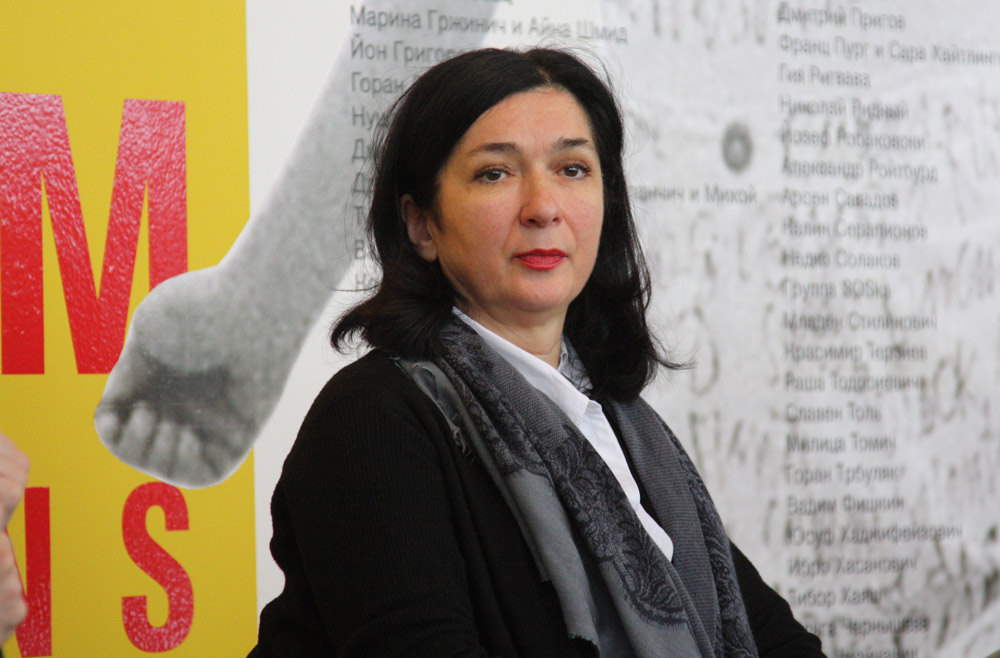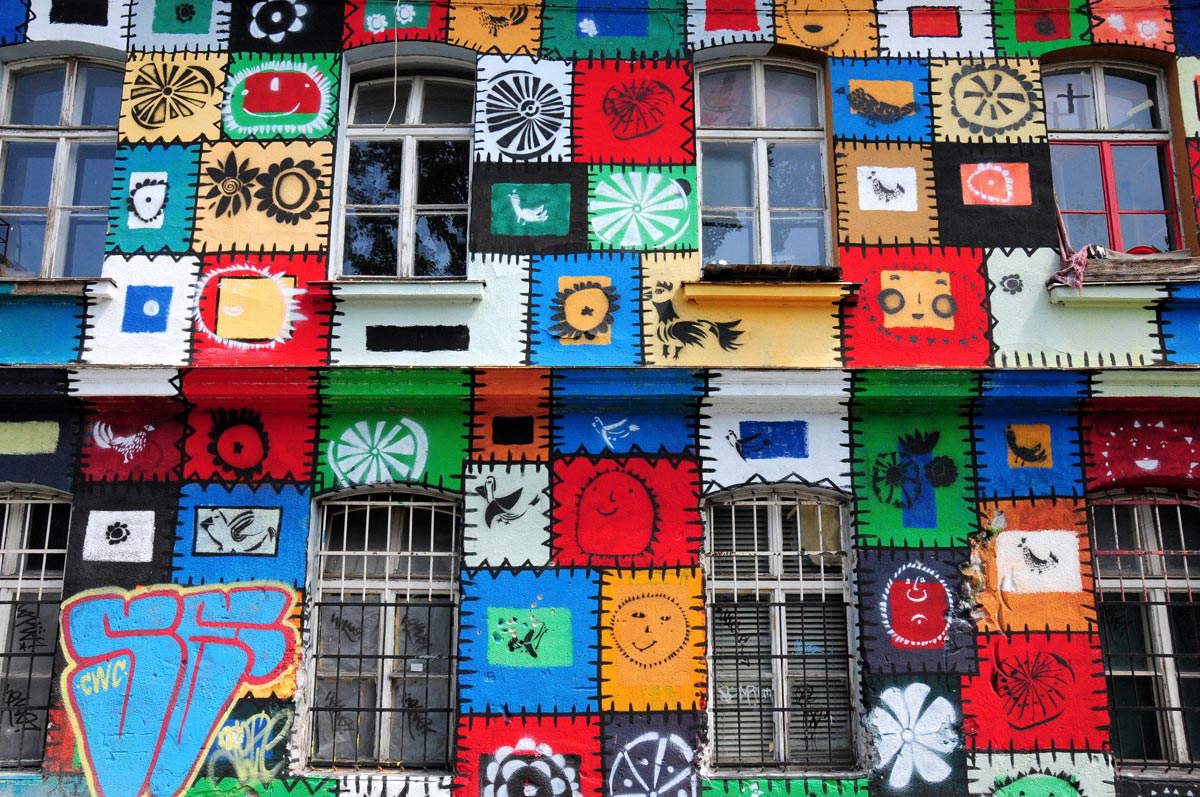“A populist leader has begun a war against culture, starting with museums.” Thus is the title of journalist Alex Marshall ’s article published in the New York Times on January 27. The U.S. newspaper’s attentions focus on the attitude that Slovenia’s Prime Minister Janez Janša, the country’s prime minister since last March 13, has begun to take toward culture. Janša, leader of the Slovenska demokratska stranka (SDS, “Slovenian Democratic Party”), a party that follows a nationalist, conservative, and right-wing populist ideology, is known for his repeated attacks on the media, his strong opposition to immigration, and now also for his treatment of culture.
“Over the past ten months,” Marshall writes, “Janša’s government has replaced the directors of some of Slovenia’s most important museums, including the National Museum, the Museum of Contemporary History, and Moderna Galerija, a highly regarded art museum. Artists, academics, and intellectuals believe the changes represent an attempt to control the museums and move them in a more conservative, nationalist direction. But the government denies it: the new directors are not the result of political appointments, but are ’relevant candidates’ selected by an open competition, Mitja Irsic, spokesman for the Ministry of Culture, says in an email.”
 |
| Janez Janša. Ph. Credit EPP |
Yet the New York daily is not the only one concerned about the fate of Slovenia’s museums. Even before that, on January 14, the top international body representing contemporary art museums, namely CIMAM, had spoken out with a note reporting the observations of the Committee on Supervision of Museums, the committee of experts that addresses issues concerning potential irregularities or interference in the activities of museums around the world. The Committee expressed concern about what is happening precisely at Moderna Galerija in Ljubljana, formerly directed by acclaimed curator Zdenka Badovinac, winner of the 2020 Igor Zabel award precisely for her work at the capital’s museum (with which she has helped Slovenian contemporary art, over the past few years, to emerge on the international scene), and who moreover served as CIMAM’s president between 2010 and 2013.
When Badovinac’s contract expired in 2009, CIMAM reconstructs, the Slovenian Ministry of Culture initiated a competition for the vacant position. However, the ministry also changed the rules on the run (the process lasted a year and a half) and consequently declared the competition null and void, since according to the ministry none of the candidates met the requirements: and this despite the fact that among the contestants was Zdenka Badovinac, who has an impeccable resume and more than 30 years of experience in art and longstanding experience at Moderna Galerija (directed by Badovinac since 1993). “This case,” CIMAM points out, “is an example of a more creeping pandemic that has infected the world of museum professionals and ethical standards in the region.” The Slovenian government responded to CIMAM by reporting that “allegations of political interference emerge only when there is a right-wing government in power, and have never come up in a quarter century of left-wing governments.” Moreover, again according to the Slovenian government, “to say that the decision to appoint a new director was made arbitrarily and inexplicably is an insult, which moreover comes from a respected organization. ”The CIMAM memo, therefore, according to the Slovenian government “makes a mockery not only of our government, but of our entire country.”
In an interview with Apollo magazine, however, Badovinac branded the affair as “absolutely political,” comparing the Slovenian government’s behavior to that of other populist governments such as Hungary and Poland. In his defense, hundreds of people also signed an open letter noting how “the field of culture has been hit hard by the coronavirus pandemic, and has been further affected by the decisions of the Ministry of Culture, which threaten living culture, cultural heritage, professionalism, and the autonomy of policy-making bodies and cultural institutions.”
Also complaining about the government’s choices is the former director of the Ljubljana Museum of Architecture and Design, Matevz Celik, who has not been in office since November: “Janez Janša,” he said, “has an agenda to turn the country’s culture to the right, he has been talking about it for a long time. And this is a culture war.” The directors appointed during Janša’s tenure, however, defend themselves: the Moderna Galerija is now headed by writer and poet Robert Simonisek, who claims that his appointment is purely cultural, but also stresses that he wants to set a different direction for the museum, since Badovinac, in his view, would have focused mainly on the Eastern European avant-garde. The National Museum’s new director, Pavel Car, formerly an executive at a digital company, also says he was chosen for professional reasons and has made it known that his intention is to bring the museum more in line with the digital age (he will do this, he said, in part through virtual reality exhibitions: and to those who point out that in his program there is also a rearrangement of the sections on the history of Slovenia, he replies that the intention is not dictated by reasons of nationalism, but by the desire to make foreign visitors, who account for half of the total flow, better understand the country’s history).
 |
| Zdenka Badovinac. Ph. Credit Valerij Ledenev |
Not only museums are in Janša’s crosshairs. Last October, some 20 nongovernmental organizations and art collectives based in the former Metelkova barracks in Ljubljana were met with an eviction order from the Ministry of Culture, the owner of the premises: officially the ministry intends to renovate the building, but many of the acronyms housed in Metelkova (which, moreover, has become one of the most active art centers in the country, so much so that it is also advertised as a tourist attraction) believe that this is a political act. And it was yesterday’s news that police raided the former barracks, according to the Slovenian news agency to “check whether the circles were closed.”
But Slovenia has also been trying to “export” its action, involvingItaly as well: a couple of weeks ago, the daily Mladina circulated an e-mail from the Slovenian ambassador to Italy, Tomaž Kunstelj, in which he mentioned an exhibition scheduled at MAXXI in Rome until Feb. 7(Bigger than Me. Voices of Heroes of the Former Yugoslavia). In the letter, Kunstelj asks for enlightenment on how to react to the exhibition, explaining that the embassy does not intend to promote or organize exhibitions on the subject of Slovenia in the context of the former Yugoslavia.The newspaper Total Slovenia News contacted the Foreign Ministry to ask for an explanation, and a spokesperson for the department let it be known that “the exhibition cannot be part of the cultural program for the anniversary of independence [Slovenia in 2021 celebrates the 30th anniversary of its independence from the former Yugoslavia, ed.] or the program of the Slovenian Presidency of the European Council.” The Ministry of Culture then made it known that the ambassador did not ask to “cancel the exhibition: he only expressed his opinion by letting it be known that it cannot be included in the project to celebrate the 30th anniversary of Slovenian independence or the Slovenian presidency of the European Union.”
The Janša government is then also accused of restricting freedoms under the guise of the pandemic, and there are also concerns about its attitude toward the LGBT community. There is concern, however, not only about what might happen to culture in the coming months or years, but also about the consequences for society of the populist government’s choices.
 |
| The Metelkova cultural center. Ph. Credit Visit Ljubljana |
 |
| Concerns about Slovenia's populist government. It is waging a war against culture |
Warning: the translation into English of the original Italian article was created using automatic tools. We undertake to review all articles, but we do not guarantee the total absence of inaccuracies in the translation due to the program. You can find the original by clicking on the ITA button. If you find any mistake,please contact us.